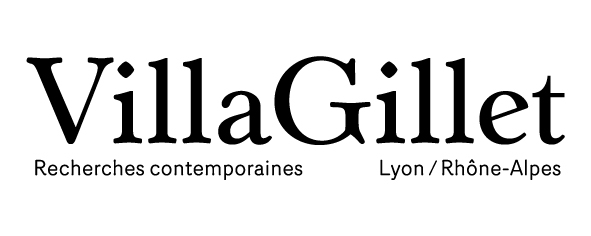David Vann: Secret and subtext
![[title-image]1332154747475[/title-image] David Vann © Diana Matar](https://cle.ens-lyon.fr/anglais/images/vann_1381133166117-jpg)
Les éditions Christian Bourgois publieront prochainement un recueil en français des textes écrits à l'occasion des assises du roman.
All of the conventions of literary fiction can be successfully broken except one: there must be subtext, a second story beneath the surface. We don’t have to care about a protagonist or even really have a protagonist. We’re not limited to any particular style or structure. But our entire idea of literature being “about” something is based on a second narrative, something else that the surface narrative can point to. What’s interesting to me about this is that we live in a time when surface narratives are taking over. Blogs are generally so worthless for this one reason, that they lack subtext. The online world is, above all, earnest, saying exactly what it means. The entire world is being dumbed down in reading, becoming satisfied with reading works that are about nothing. This is an enormous change, similar in a way to what happened to Latin, which was destroyed by the church in a similar popular dumbing down through church hymns. Syntax no longer crossed the line break. Each short line had to be complete and easily readable. The result was the destruction of an intricate syntax more capable of subtlety.
So I think the question should be whether literature would exist without subtext, and I think the answer is no. Secrets will always be with us, because we are a conniving bunch, not to be trusted, but subtext can be killed. To be more accurate, the practice of reading for subtext and delighting in literary subtext can be lost in a population.
Of the twenty or so countries I’ve visited for book launches and interviews, France is the best home for a book, and the United States is one of the worst. In France, a price control protects booksellers, and there’s a bookseller in every neighborhood. Booksellers are trained in France, unlike in the US, and what they do is respected, unlike in the US. They actually read the books they’re selling, and when they describe the book to a customer, they try to capture the impact and significance, not just what happens or where the book is set. They build some excitement about vision, which is the totality of what the subtext in a book has been doing. So I think we will always have secrets and writers, but I think we’re currently losing literary readers at a catastrophic rate, and I think the only way to preserve literary readers and attract new ones is through protecting booksellers from the threats of Amazon, e-books, government taxation, etc.
I’d like to move on to the second sentence in the forum’s question, to the idea that “The force of attraction of what is silenced, or hidden, constitutes the subtext of most novels and stories.” What’s being named here is really the unconscious. Secrets are not the point. What we’re interested in are the shadow shapes of self revealed by secrets. Writers are trying to set up figurative landscapes in parallel to literal landscapes, demonlands felt and mostly unrecognized. A secret is a much smaller and more limited thing, an attempted and failed denial of something far more important, without which literature would not exist. When I read Paul Harding’s Tinkers, for instance, and he describes the electrical outlines of an epileptic fit, or Marilynne Robinson’s Housekeeping and she describes the shifting margins of the lake, I’m aware of new possible shapes for being and self. At that point, I couldn’t care less about secrets, which are small items of trade.
I would add, finally, that secrets are not at the center of my books, nor are they necessary in literature. There’s no secret in Sukkwan Island. The characters fail to see each other clearly enough, but not by design. The father hides his crying for a while, but the power of it, frightening to the boy, doesn’t diminish when he talks about it openly. In Desolations, also, there’s no secret but instead something much more powerful, the momentum of a life. In Impurs, the mother does hide the family money, which she keeps secret, but this isn’t the center of the conflict. She’s punishing her son to punish her father, and also keeping him as a surrogate husband, both of which are far more important engines for what happens. The money is only a device she unconsciously uses. When I think of the best novels I’ve read, also, secrets are not at the center. There are a few great examples, and novels of manners certainly rely more heavily on secrets, but to structure a novel around a secret generally cheapens the work, I suspect.
Pour citer cette ressource :
David Vann, David Vann: Secret and subtext, La Clé des Langues [en ligne], Lyon, ENS de LYON/DGESCO (ISSN 2107-7029), octobre 2013. Consulté le 14/02/2026. URL: https://cle.ens-lyon.fr/anglais/litterature/entretiens-et-textes-inedits/david-vann-secret-and-subtext



 Activer le mode zen
Activer le mode zen

